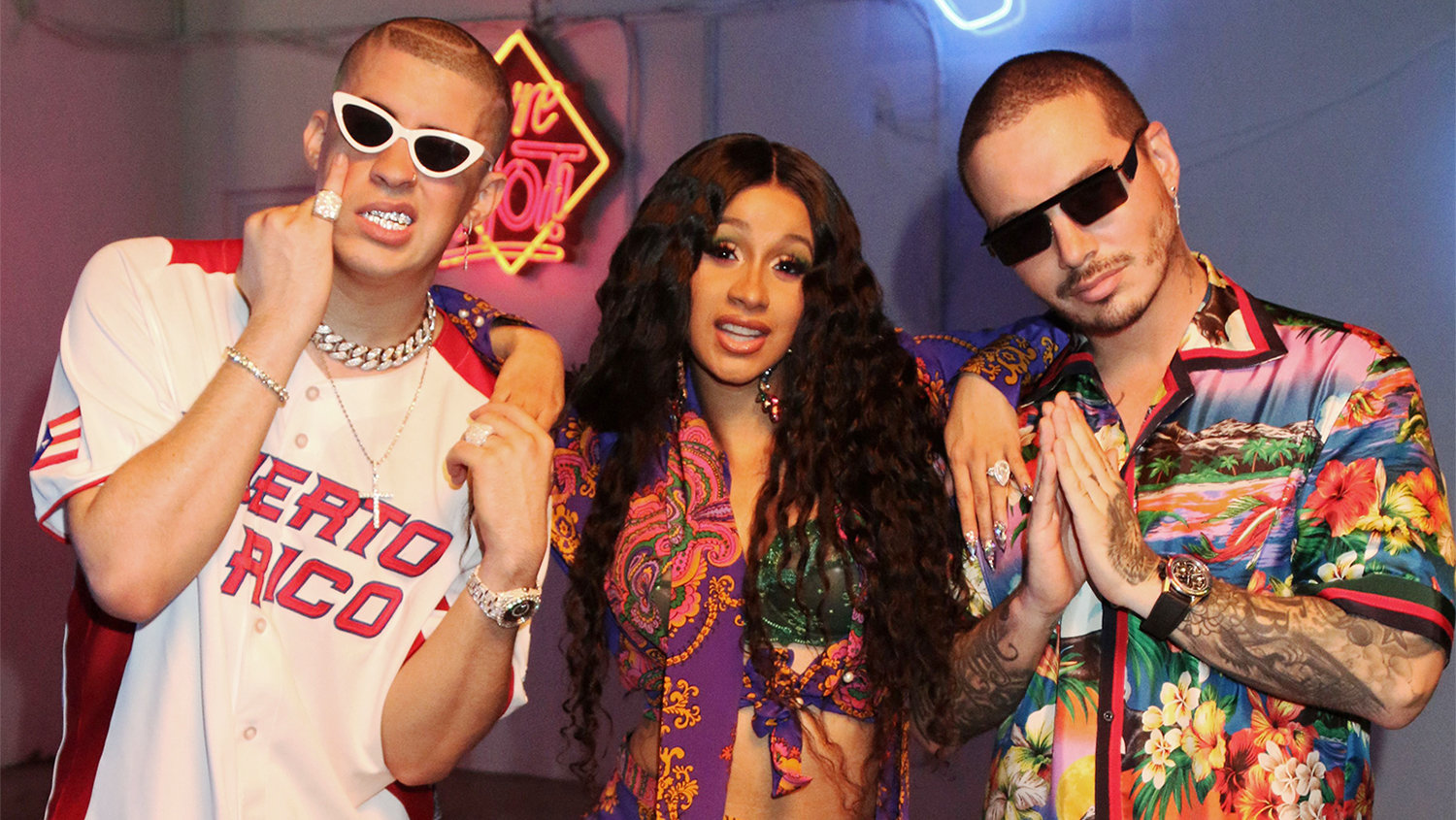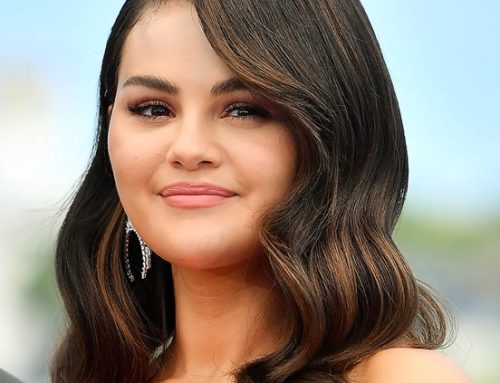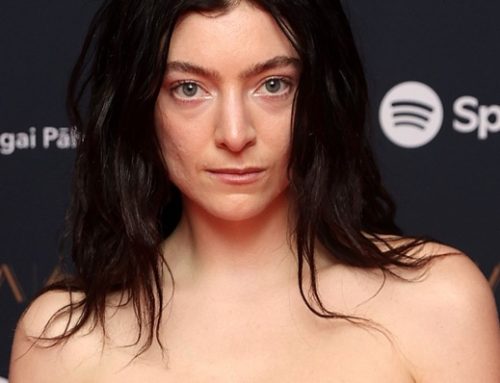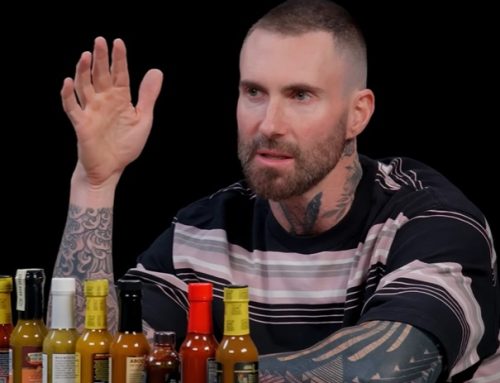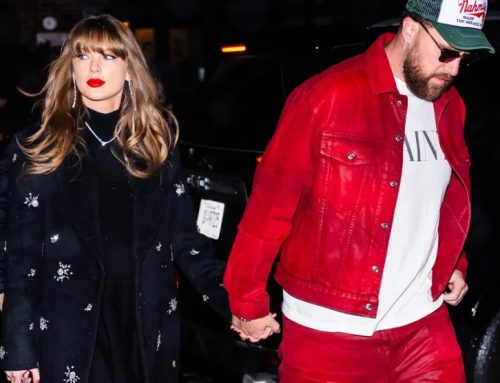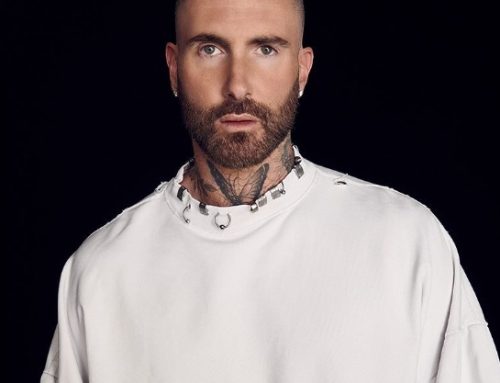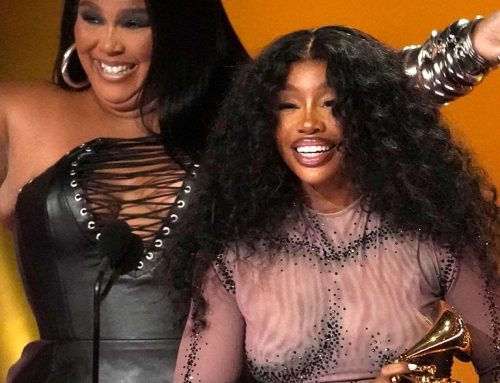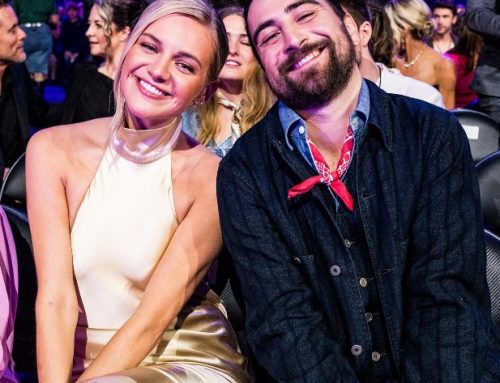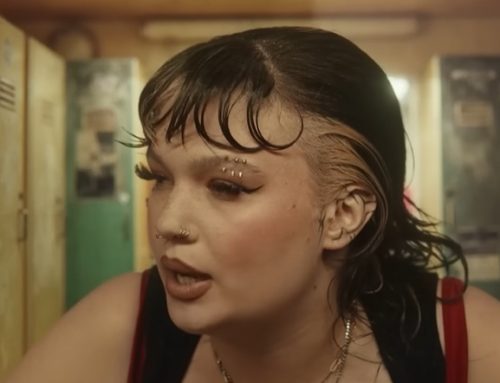Much has been made of the fact that Cardi B is the first female rapper with two Billboard Hot 100 No. 1s.
But the far bigger story is the fact that that second No. 1 — “I Like It” — is a fully bilingual song where Cardi B raps in English and her two fellow artists, Bad Bunny and J Balvin, rap in Spanish. Out of a 13-track album featuring a bounty of collaborations, the one that got to the top is the only one that is bilingual.
“I Like It” reaching the summit comes almost exactly a year after that other bilingual track, “Despacito,” hit No. 1 on the Hot 100 (May 27, 2017), and stayed there for a record-tying 16 weeks.
That this is happening precisely the week of Fourth of July is extremely ironic, considering the times we live in, and absolutely appropriate, considering the country we live in.
Cardi B, real name Belcalis Marlenis Almanzar, was born in the Bronx to a Dominican father and a Trinidanian mother. Her Spanish-rapping collaborators are a Colombian (Balvin) and a Puerto Rican (Bad Bunny); the former learned English in the U.S. as an exchange student, and the latter is just learning how to speak the language now. The song they do together is a remake of the 1967 hit “I Like It Like That,” originally recorded by another Bronx native — Nuyorican bandleader Pete Rodriguez.
This is a rather long-winded way of saying this music isn’t new, nor is it imported. It’s music born and bred in the streets of New York, with danceable Latin influence and beats. It’s yet another example of how Latin sounds have permeated popular American culture and music for decades, ebbing and flowing with changing tastes, yes, but perennially present.
If that’s the case, then, why such a big ado over a bilingual track hitting No. 1 on the Hot 100? Because the Hot 100 is the most notable, visible and respected measurement of music’s popularity in this country, and for a track to hit No. 1, it means it’s undeniably, firmly entrenched in mass consciousness, as “Despacito” was a year ago.
And this is groundbreaking.
While Latin culture is part of the social and cultural fabric of this country, Latin music in Spanish, by virtue of being in another language, has mostly stayed in its “Latin” lane in the charts. Mainstream radio rarely plays it and Latin acts are still a rarity on late-night television or even the major mainstream morning shows. Not a single Latin artist who performs in Spanish, aside from Shakira and Jennifer Lopez, has played in Saturday Night Live, for example (at least in recent memory).
According to a Billboard story dated May 29, of the 4,799 singles that have reached the Hot 100’s top 10, only 17 have been performed primarily or fully in a language other than English. Not surprisingly, the most common language among them is Spanish, which infuses six songs. Of those, three went to No. 1: “Despacito,” “La Bamba” (Los Lobos) and Macarena (Los Del Río, Bayside Boys Mix), back in 1996.
“I Like It” is a slightly different story because it has more English than Spanish. Still, it’s rise is so very notable because it’s part of an accelerated spike of Spanish and Spanish-infused songs on the chart.
Only three Spanish-language songs got on the Hot 100 in 2015 (including Nicky Jam and Enrique Iglesias’ “El perdon”) and in 2016. In 2017, an explosion: 17 tracks in Spanish or mostly in Spanish (they include “Mi gente” and “Despacito”) got onto the Hot 100. So far in 2018, there have been 13. If things continue the way they have, there will likely be a minimum of 20 Spanish or predominantly Spanish songs on the Hot 100 by the end of the year.
This surge can be attributed at least in part to streaming, which has broadened the scope for Latin music that is still shunned from major mainstream outlets. But it also reflects the times, the moment and the new openness of the world, despite the entrenchment at the border.
And it goes beyond music. Just last week, newcomer Alexandria Ocasio Cortez of the Bronx won the Democratic primary in New York’s 14th congressional district, unseating Democratic Caucus Chair and longtime politician Joseph Crowley. Apparently, no one in the Democratic party saw that one coming.
“I think that there are a lot of districts in this country that are like New York 14, that have changed a lot in the last 20 years and whose representation has not,” Ocasio-Cortez said in Meet The Press.
And it goes beyond music. Just last week, newcomer Alexandria Ocasio Cortez of the Bronx won the Democratic primary in New York’s 14th congressional district, unseating Democratic Caucus Chair and longtime politician Joseph Crowley. Apparently, no one in the Democratic party saw that one coming.
“I think that there are a lot of districts in this country that are like New York 14, that have changed a lot in the last 20 years and whose representation has not,” Ocasio-Cortez said in Meet The Press.

